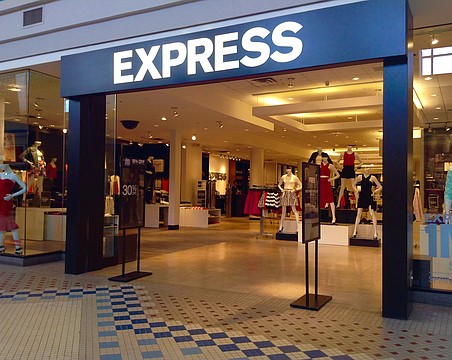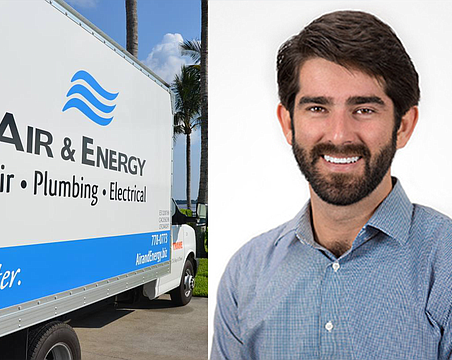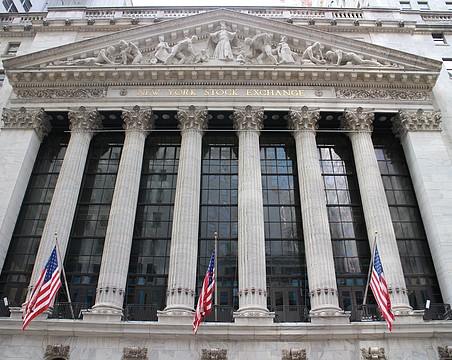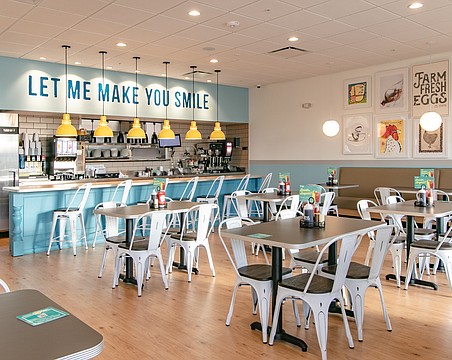Investors like Hank Porterfield are bedrock of the commercial real estate business in the Fort Myers area.
For the most part, institutional investors such as pension funds, insurance companies and the like have never had a significant presence in tertiary commercial real estate markets like Fort Myers. Instead, most of the capital for shopping centers, office buildings and warehouses has come from individual investors who put up equity and arrange community bank financing.
Porterfield is like many investors who made their fortunes in manufacturing, real estate and other ventures in the Midwest. He and others moved down to the Fort Myers area during the boom, in many cases using tax-favored exchanges to swap properties up north for others of equal value in Southwest Florida early in the last decade.
Porterfield is a successful entrepreneur whose career included building a 352-office residential real estate business in the Midwest. He moved to Florida for the weather and started acquiring shopping centers and condos in 2000.
But unfortunately, the real estate collapse hurt individual investors who didn't have the wherewithal to withstand such a brutal economic downturn, and Lee County has suffered disproportionately. Porterfield, president of Porterfield Properties, is one of the survivors.
So it's encouraging to hear Porterfield say that he's starting to see signs of a recovery at the four commercial centers he owns. “Rental rates have definitely solidified,” says Porterfield. “Things are improving.”
For example, the vacancy rate at the 12,000-square-foot Tiffany Square shopping center Porterfield owns on Del Prado Boulevard in Cape Coral rose to 80% during the downturn. Now, the center is 85% full of tenants. “I think the Cape has come alive,” he says.
Granted, rental rates are nowhere near the level they reached during the boom. Porterfield says the rent at Tiffany Center is just $9 a square foot net of common-area maintenance expenses.
More challenging, Porterfield is trying to fill Harbour Plaza on U.S. 41, a 45,000-square-foot shopping center he built in 2008 with the expectation that he could charge $25 a square foot net of expenses. Today, with the center 70% vacant, he's asking $13 per square foot.
Because of its high-profile location on U.S. 41 south of Alico Road, Harbour Plaza came to symbolize the perils of the boom and bust in the region. Still, the center has started to fill up with new tenants including a dentist, a salon, a massage center and an arcade.
But Porterfield says he's seen signs of entrepreneurial rejuvenation. There are fewer “bottom feeder” tenants looking for impossibly low rents and the number of inquiries has increased. Among the kinds of tenants Porterfield sees looking to expand are specialty shops, hair salons, dance studios, pool-accessory companies, gyms and medical-related businesses.
Porterfield says the political uncertainty is the main obstacle to business confidence, and he estimates 15 prospective tenants are waiting for the outcome. “Everybody is saying it depends on the election,” he says. “The present administration hasn't been kind to the small-business man.”
Porterfield says tenants are particularly concerned about Obamacare, which will force employers with more than 50 employees to pay for health insurance or be penalized. Many business owners fear crossing that employee threshold and aren't expanding for that reason. “No small business will employ over 50,” Porterfield says. Another business he owns, Hamilton's Uniforms, won't be expanding because of that looming expense, he says.






